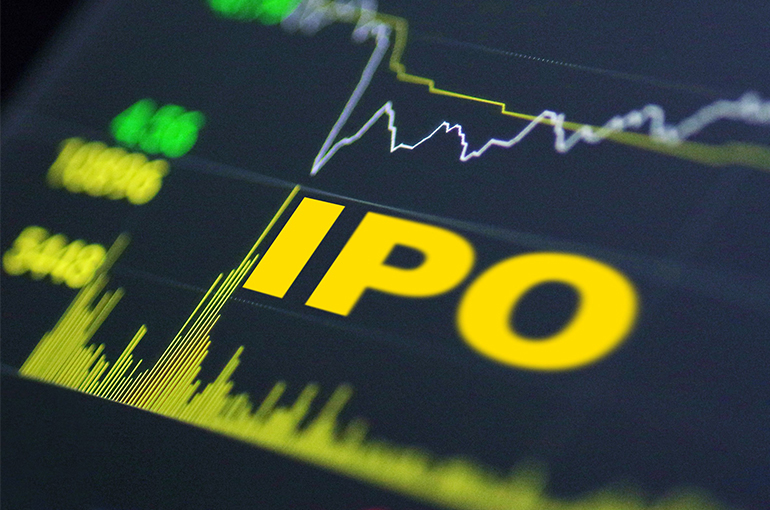 Chinese Consumer Firms Flock to Hong Kong as IPO Wave Gains Momentum
Chinese Consumer Firms Flock to Hong Kong as IPO Wave Gains Momentum(Yicai) May 29 -- Since the beginning of the year, a wave of Chinese consumer-focused companies such as toymaker 52TOYS and restaurant chain Green Tea Group have filed to go public on the Hong Kong stock exchange and many others such as fast-food firm Laoxiangji and tea chain Bama Tea are still in the queue, fueling a surge in Hong Kong listings.
As of yesterday, 159 companies had applied to go public in Hong Kong so far this year, of which 16 percent of them, or 25 firms, are in the consumer sector, which refers to those firms that make and sell products directly to the consumer, according to Wind Information data.
Since the second half of last year, the Hong Kong bourse has streamlined its IPO process and made it much easier and faster for companies to list, by rolling out new measures such as the “procedures for science and technology enterprises,” a brokerage analyst said. At the same time, funds flowing in from mainland China have also helped lift the market. These factors are attracting consumer firms to go public in the special administrative region.
However, the overlapping of business models and the heavy pressure on profitability remain challenges, analysts said. For example, 52TOYS is often hyped as the “next Popmart,” but the firm racked up losses of CNY122 million (USD17 million) last year on revenue of CNY630 million (USD87.6 million). This is far less than Beijing-based Pop Mart’s earnings of CNY13 billion (USD1.8 billion) that year, with an adjusted net profit of CNY3.4 billion (USD473 million).
Busy Mingming is another example. The snack platform logged a gross merchandise volume of CNY55.5 billion (USD7.7 billion) last year, but profits were slim. The company’s gross profit margin was only 7.6 percent and its net profit margin was 2.1 percent.
Behind the IPO boom, venture capital and private equity firms can be in a hurry to cash out and will overlook profitability, leading to the emergence of valuation bubbles, analysts said. And with a big differential in the trading volume in Hong Kong stocks, smaller consumer stocks may be at risk of slumping below their debut price.
“The wave of listings in Hong Kong gives new consumer companies a chance to raise funds and upgrade their brand image,” a brand manager in the consumer sector told Yicai. “With so many similar players in the market, firms need to stand out through product innovation, supply chain efficiency and brand culture.”
“The next ‘Pop Mart’ or ‘Mixue Ice Cream and Tea’ will not only need to raise capital, it will also need to carve out a unique niche in a specific market. To avoid being too alike, companies must get back to business fundamentals,” the person said.
Editor: Kim Taylor